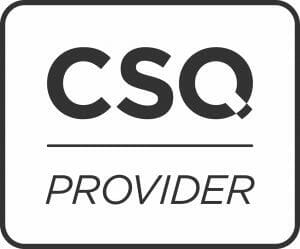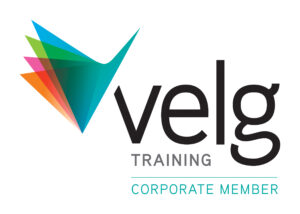What Is a Chain of Responsibility Course?
This course emanates from the Chain of Responsibility (CoR) legislation passed in Australia in 2018. It demands that all actors in any industry take a more proactive role in safety.
The new law brought forth many powers while introducing stricter fines for breaches. It went ahead to confirm that, whether on or off the road, everyone has a role in an organisation’s transport supply chain. All these people are therefore responsible for your transport operations’ safety.
In the case of drivers, it was necessary to incorporate a range of themes in the legislation, such as oversight, mass and dimension, driver fatigue management, speed compliance, overloading, maintenance management, and load restraint concerns.
Who should be involved in Chain of Responsibility training?
As mentioned previously, everyone in the supply chain is responsible for ensuring a breach of road transport laws does not occur.
From drivers to warehouse teams to company directors, CoR affects everyone including:
- Associations, corporations, partnerships, or other corporate bodies
- Employers or company directors
- Senders of goods
- Consignees or receivers of goods
- Exporters and importers
- Primary producers
- Drivers and their prime contractors
- Transport company operators
- Transport schedulers
- Schedulers
- Loaders and unloaders including warehouse staff
- Managers or supervisors of the premises where loading and unloading occurs
The Role of Truck Drivers in Keeping Everyone Safe
Though drivers are not the sole parties to the chain of responsibility, they have an active role in complying with state transport laws and road rules. Additionally, as a driver through your employer, you should ensure that:
- You have a roadworthy and well-maintained vehicle
- You know how to load the car safely, within mass and dimension limits
- You have enough training on securely restraining loads
- You ensure that you don’t drive while tired or exceeding the set speed limit
- You do not interfere with any of the vehicle’s required equipment
- You learn to track your tasks and rest breaks if you drive a fatigue-regulated heavy truck
- If you operate a vehicle that surpasses general bulk and dimension restrictions, you should have the ability to figure out which route options you can take and which requirements you must follow
- Your company may also demand that you adhere to additional safety protocols specific to your job
Chain of Responsibility Course for Drivers
Kallibr Training’s (RTO 32365) CoR Level 1 course aims to impart skills to drivers with little to no prior knowledge of the subject.
Through the chain of responsibility training , drivers will have skills on the subject, including the responsibilities of all parties within the supply chain.
The course will also explore measures drivers can take to minimise risk. Take a look at the course information here




